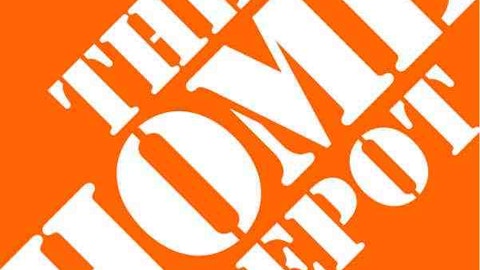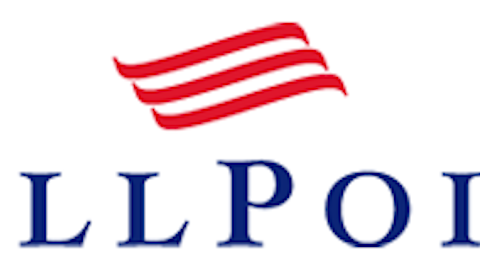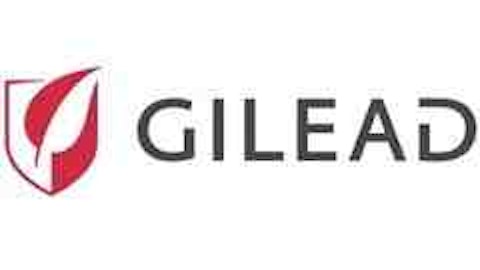Key provisions of the Affordable Care Act (aka “Obamacare”) have been delayed, and investors in the health care sector should get a second opinion.
Obamacare was originally planned to kick in next year. But the White House recently announced the mandate for covered employers to provide health insurance has been delayed until 2015. There are far reaching economic impacts of this new twist far more important than the chatter of pundits and politicos.
How ACA delays affect the health care sector
As has widely been reported, the requirement for employers with 50 or more people to provide health insurance has been delayed by executive fiat until 2015. Some healthcare sector analysts argue the delay may be bad news for affiliated hospital chains.

But the employer mandate delay may have curbed investor enthusiasm. In fact, the share price of each has fallen by more than 4% since the Administration’s announcement.
In addition to the employer mandate, another key provision has stalled. The Small Business Health Options Program (SHOP), the national online insurance marketplace, was slated to be up and running in October 2013. Now, these exchanges are stuck in neutral until 2015. The Administration claims this is due to operational challenges.
Health insurance companies like UnitedHealth Group Inc. (NYSE:UNH) said they planned to participate in the exchanges. The reason for this is simple: the health care exchanges will affect their market share. This is due to inevitable pricing disadvantages that could force health insurance providers like United to withdraw from certain markets. But the delay could be beneficial for the company’s bottom-line until the so-called operational challenges are remedied.
Aetna Inc. (NYSE:AET) may also benefit from the SHOP stall. The company reportedly sent a letter to the White House earlier this year regarding “logistical problems” with the health exchange scheme. Moreover, the firm’s Chief Executive has previously argued Obamacare could trigger a spike in premiums to about twice their current levels. This will prompt some businesses to shop around for other health insurance – and shift premium costs to employees.
What Obamacare Delays Mean for Investors
Since the financial crisis in 2008, health care has been a safe harbor in the national economy and a profitable one as well. The saddest part of all these developments is the adverse impact on the broader health care sector. The delays and funding shortfalls of the Affordable Care Act are creating uncertainty – and uncertainty is not good for investors.
Although businesses have been given a reprieve from the mandate to provide health insurance until 2015, individuals are still required to get their own insurance or buy into Obamacare in 2014. But this begs the question of how they can do so, since the health exchanges are not ready. As for the employer mandate business owners will still be required to provide health insurance after the mid-term elections in 2014.
As it stands now, the mandate applies to companies with 50 or more employees. But some lobbying groups are calling for the number to be raised to 100. Further, some GOP lawmakers contend the individual mandate should also be put on the back-burner until 2015.
But these are political calculations far beyond present investing options. So, investors may be able to find profits in one of the health insurance providers mentioned above until 2015. And for those with a long term view, there are alternatives.
In particular, a large-cap outfit like Johnson & Johnson (NYSE:JNJ) should be able to circumnavigate the Obamacare sand bar.




